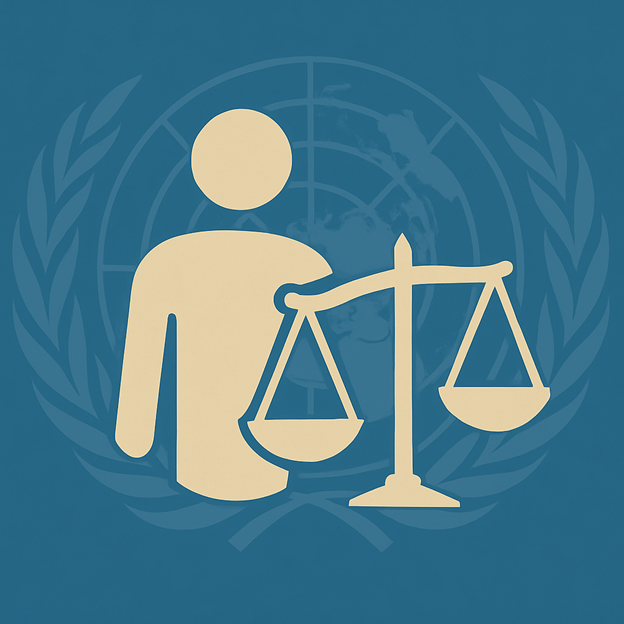- عربي
- 中文
- English
- Français
- Русский
- Español
Review of policies and practices to prevent and respond to sexual exploitation and abuse in the United Nations system organizations - JIU/REP/2025/2 and JIU/REP/2025/2(Expanded Report)
The Joint Inspection Unit (JIU) is pleased to announce the release of its report on policies and practices to prevent and respond to sexual exploitation and abuse (SEA) in the United Nations system, prepared by Inspectors Eileen A. Cronin and Conrod Hunte.
This is the first system-wide review addressing protection against sexual exploitation and abuse (PSEA) across all 28 participating organizations. It examines policies, inter-agency coordination, prevention and response mechanisms, the application of a victim-centred approach, and identifies good practices and lessons learned. Two outputs were produced: (a) a report focusing on the main findings, conclusions and recommendations, available in the six official UN languages; and (b) an expanded report providing broader analysis, detailed findings and annexes.
SEA arises from power imbalances and gender inequality, exacerbated by racism, impunity and social norms that normalize misconduct. These conditions make SEA a risk in all contexts where the UN operates. Between 2017 and 2024, JIU participating organizations publicly reported allegations against 4,148 personnel, almost all male, involving 4,061 victims, including over 1,000 children. From investigations completed during the period, allegations against 1,079 individuals were substantiated.
The JIU found that its participating organizations have made progress in strengthening policies, training, leadership commitment and coordination. Many entities introduced clearer regulations, mandatory training, tools such as ClearCheck, and mechanisms to institutionalize PSEA within strategies and work plans. Good practices include stronger clauses in partnership agreements, context-specific training, integration of SEA into corporate risk registers and initiatives to foster cultural change. These show that progress is possible where leadership, resources and accountability are consistently applied.
At the same time, significant gaps persist. In several organizations, frameworks remain fragmented, key definitions inconsistent, and vetting practices uneven, leaving loopholes for re-employment of personnel with a history of misconduct. Inter-agency coordination is not yet inclusive, public reporting lacks transparency, and SEA is not systematically treated as an organizational risk. Training raises awareness but does not ensure lasting change, and implementing partners and vendors remain weak points in compliance. Victim support is fragmented and under-resourced, and the victim-centred approach is unevenly applied. While some organizations lead the way, others lag behind, leaving the system vulnerable. Sustained leadership, harmonized approaches and stronger accountability are needed to close these gaps.
The Inspectors conclude that SEA remains an inherent risk across all UN entities. They stress that culture change, stronger engagement with partners and vendors, and consistent application of a victim-centred approach are essential. Organizations should focus on personnel conduct rather than categories of victims, supported by coherent, holistic sexual misconduct policies. Sustained leadership, adequate resources and active involvement of governing bodies and Member States are critical to drive systemic change and protect the rights and dignity of those the UN serves.
The JIU makes 15 formal recommendations: two to legislative organs/governing bodies, three to the General Assembly, one to the Secretary-General and nine to executive heads, complemented by 33 informal recommendations. These cover areas such as strengthening policies and definitions; improving prevention, training and outreach; enhancing screening and vetting of personnel, partners and vendors; strengthening the victim-centred approach; improving data, transparency and reporting; strengthening accountability and disciplinary processes; and enhancing victim assistance.
Access the report here
Access the expanded report here
Access the review highlights here


